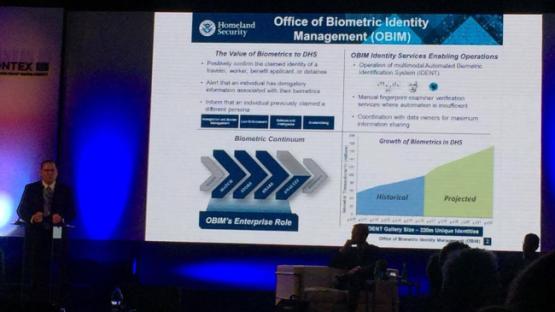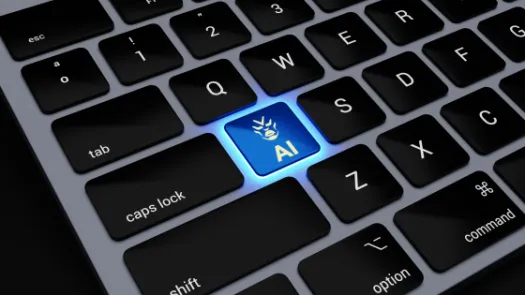US Border Cops Set to Use Biometrics to Build a Line Up of the World

The United States Department of Homeland Security (DHS) has contracted one of the world’s largest arms companies to manage a huge expansion of its biometric surveillance programme.
According to a presentation seen by Privacy International, the new system, known as Homeland Advanced Recognition Technology (HART), will scoop up a whopping 180 million new biometric transactions per year by 2022.
It will replace the Automated Biometric Identification System (IDENT), which currently stores biometric information about some 220 million unique individuals, and processes over 120 million biometric transactions per day. Information stored includes facial images, iris scans, and digital fingertips, as well as biographic data. The data is screened against a watchlist of known or suspected terrorists, criminals, and immigration violators, and is shared widely with US agencies and with foreign countries.
Northrop Grumman will be the prime contractor.
Mark Crego, formerly the chief architect of DHS’s immigration screening system and now a biometrics consultant to governments, has hailed the new system the “most critical linchpin to any augmented vetting procedures required by President Trump.”
Mission Creepy
In 2004, Privacy International dubbed DHS’s previous biometrics screening system “the gold standard for privacy invasion”, warning that it “will be used for an increasing number of purposes, with fingerprints being traded around the world.”
Since then, the DHS has vastly expanded the scope and amount of information it amasses — since 1997 when IDENT held data about 1.8 million unique individuals, it has multiplied in size by over 122 times.
In addition to storing iris and facial images collected by federal, state, local, and foreign law enforcement agencies, since 2010 the DHS has been expanding its collection of social media details, announcing earlier this month its intention to store social media details about immigrants indefinitely.
In August, Republican Senator Cornyn introduced a bill requiring the DHS to collect biometric information, including facial images, of everyone leaving US air borders, including US citizens, as well as the DNA of immigrants to the US.
HART now also aims to add additional biometric data, including DNA and details about distinctive features such as scars and tattoos. It also aims to run analytics through the data, which in the future could mean the use of artificial intelligence techniques.
The DHS, which is responsible for Customs and Border Protection, Immigration and Customs Enforcement, and the Transport Security Administration, among others, can also share this data with other US agencies including the FBI and Department of Defense.
The DHS will also have access to the biometric data of people who have never set foot on US soil. Under international intelligence sharing agreements, the DHS also exchanges biometric data with foreign governments. Under the Five Country Conference forum for example, the DHS exchanges biometric data with authorities in the ‘Five Eyes’ countries, which includes the UK, Australia, Canada, and New Zealand.
President Trump’s latest travel ban issued in September singled countries out who the DHS deemed were not making efforts to share information with the US, in effect forcing the rest to do so. The assessment explicitly considered whether countries were providing enough data to the DHS, including whether they are “Proactively shar[ing] biographic and biometric information about known and suspected terrorists”.
If the system expands as planned, the DHS, other agencies, and other countries will be widely collecting and sharing sensitive biometric data across systems and borders at unprecedented levels at a time when biometric data will be used for an increasing amount of purposes by governments and industry.
It will allow US agencies, including the military and FBI — which recently identified Black Lives Matter as a potential terrorist threat — access to biometric data and secretly complied watchlists, encourage and normalise their collection and sharing around the world, lead to inaccurate and discriminatory determinations, and be a vulnerable target for hackers. We’ve written why we think this is such a big danger here.



